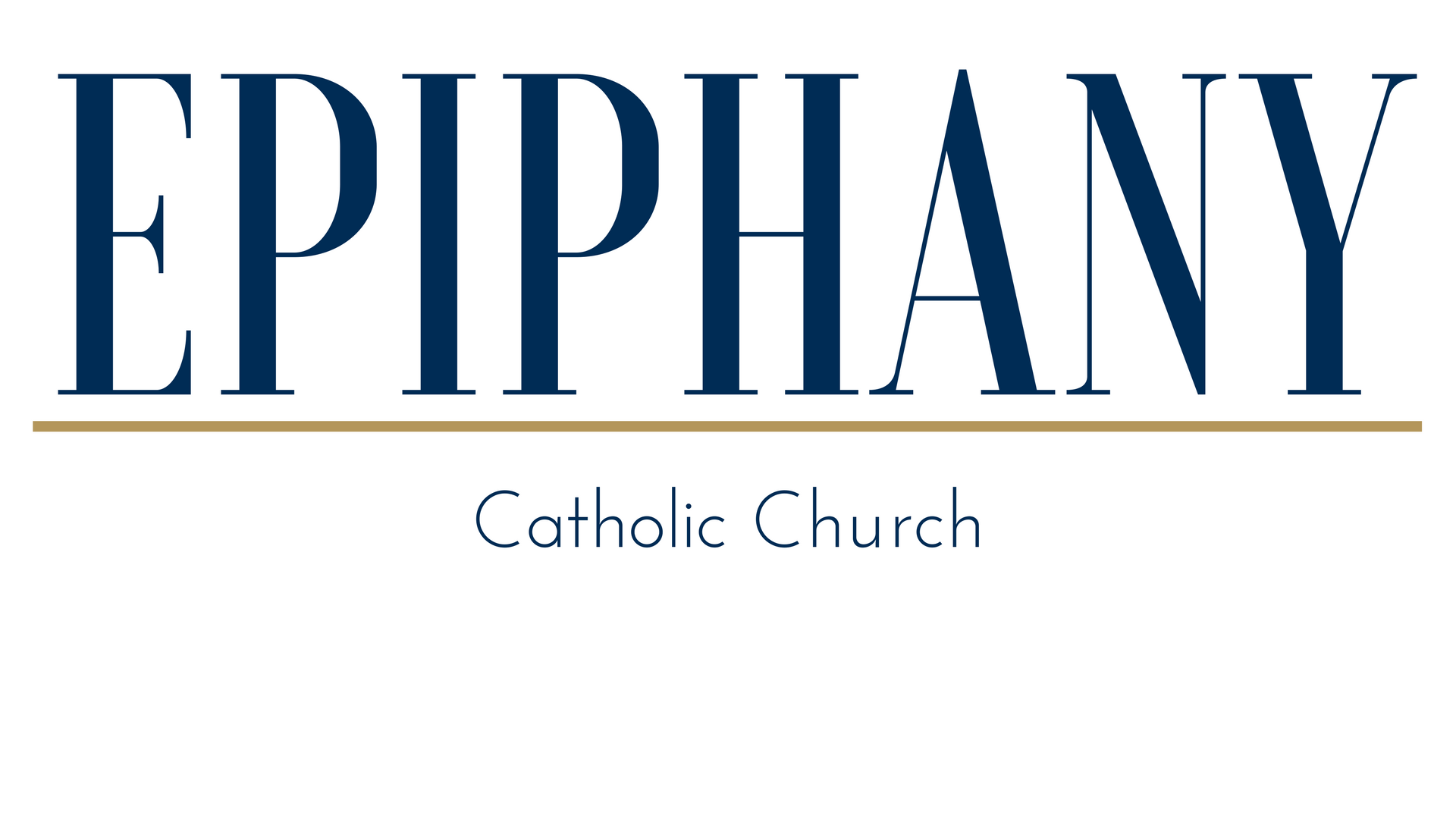Climate Change is a Pro-Life Issue
This week’s bulletin includes an interview with Jeffrey Sachs, a world-renowned economist who was involved with the preparation of the 2015 encyclical Laudato Si’. Among some US Catholics there is skepticism about Church involvement in the movement against climate change, a result of our deeply polarized political landscape. It is a matter of urgency, however, that we set politics aside and allow good science and good sense to guide us in protecting others’ lives and well-being both here and around the globe. It’s the pro-life course of action. Here’s why.
Climate change is already killing people in catastrophic events. Think about the surge in recent catastrophic weather-related events: hurricanes in the Atlantic, wildfires in California, floods and tornadoes in many parts of the country. Worldwide we have seen even more serious impacts: disastrous drought in East Africa, devastating flooding in South Asia. Of course there have always been floods. But one of the major effects of climate change is an increase in events that threaten the lives of thousands.
- Climate change also causes thousands of less dramatic deaths. Many of us are glued to the news when a major weather event unfolds, but you may not have realized that increasing air pollution — a direct result of increasing CO2 — results in even more deaths than historic storms. The World Health Organization estimates that climate change causes 150,000 deaths annually, a number that will continue to rise if we do not take prompt action.
Climate change disproportionately affects the poor. Our pro-life activism arises in large part from our call to create a preferential option for the poor and vulnerable. We speak for the unborn because they cannot make their own voices heard; in the same way, we must speak for the Marshall Islanders whose remote low-lying homeland cannot survive the impact of rising sea levels, the subsistence farmers whose ability to feed their children is compromised by climate change, the families whose access to reliable water sources — and thus their survival — are threatened. Our Lord calls us to work on their behalf with the same zeal that motivates our work for the unborn.
Climate change is reducing openness to life. If you have spent time talking to young adults about their plans for the future, you have probably heard some of them say they’re not sure they want to have children because the future of the species seems uncertain. This group has been labeled the “baby doomers.” An organization called BirthStrike exists specifically for those who wish to remain childless because of the climate crisis. Part of the Catholic pro-life mission is fostering openness to life — encouraging a greater appreciation of and obedience to our call to cooperate with God in creating new life. Let’s respond vigorously to the concerns that are preventing young people from heeding that call.
US Catholics must reject the climate-change denialism funded by the fossil fuel industry, trusting instead in the consistent teaching of our popes across recent decades and in the overwhelming preponderance of reputable science. Some might argue that that changes in ocean pH or polar temperatures are unconnected to the urgent work of protecting unborn lives, or that the abortion issue is more important because the number of abortions worldwide dwarfs the current number of climate change deaths. But each time we say the Creed we affirm our belief in the communion of the saints: if one member of Christ’s mystical body suffers, all suffer together. Our brothers and sisters, especially those in developing world, are suffering and dying as a direct result of inaction on climate change. The call is time-sensitive: they need our help now. And the need is increasingly urgent. The window in which we can protect our common home is closing.
Image of The Blue Marble from Wikimedia Commons.

